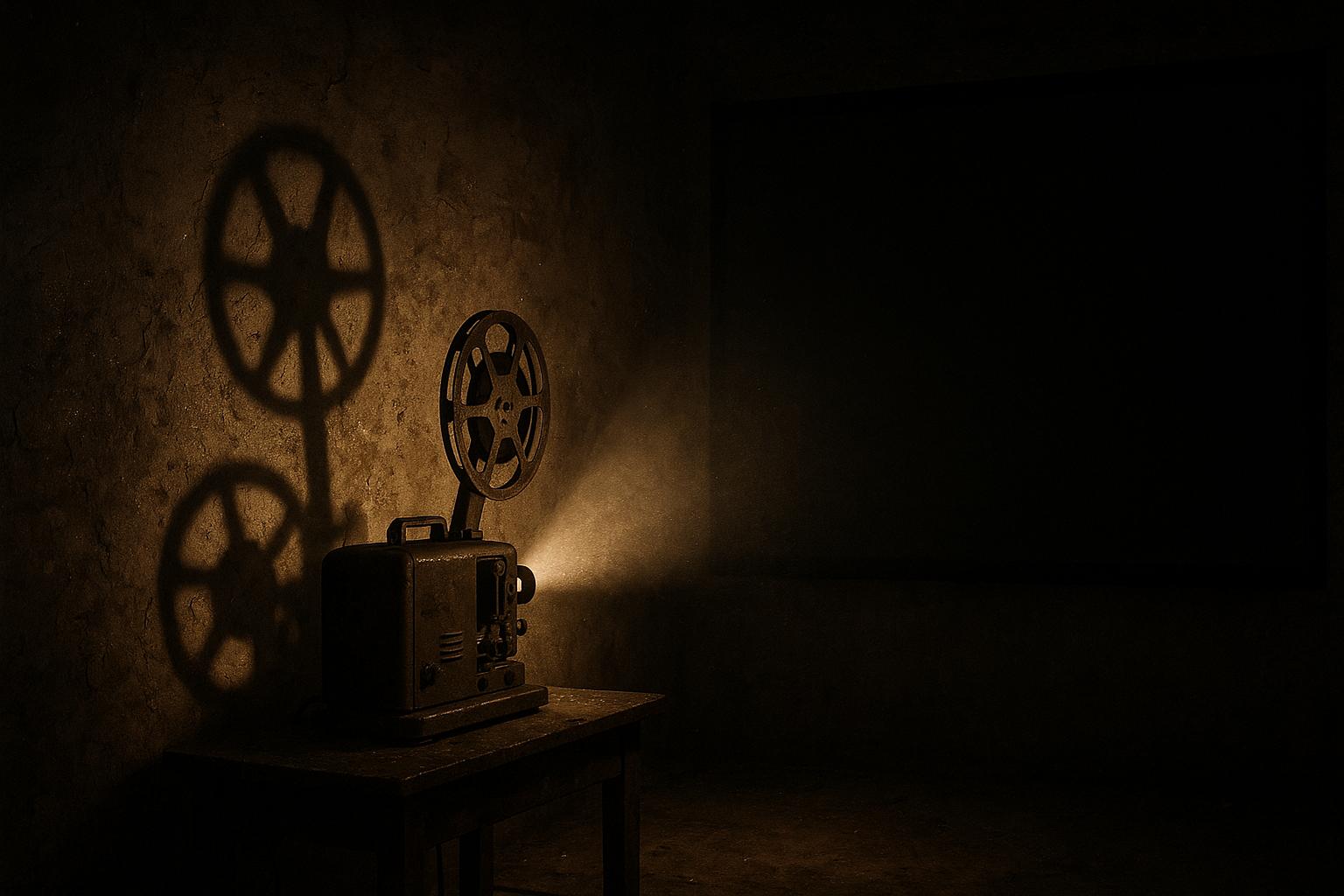Volunteers behind the African Odysseys film programme have publicly criticised the British Film Institute (BFI) following major changes to the initiative, which has for nearly two decades showcased Black-curated films and drawn previously underserved audiences. The programme, established at the BFI in 2007, has been credited with bringing African diaspora and Caribbean cinema to broader attention, consistently filling up the 450-seat cinema with engaged viewers, predominantly from the Black community. This initiative was also known for its anti-racist material and educational discussions on Black British history, attracting a loyal and growing audience.
The African Odysseys programme was co-founded by Tony Warner of Black History Walks and David Somerset, who was employed by the BFI to help run it. Despite the programme's success in creating a popular and culturally significant slot for Black audiences in an institution often seen as predominantly white and middle class, the BFI moved last year to make David’s role redundant as part of internal restructuring. Volunteers expressed shock and frustration at this decision, believing that removing the only paid staff member with expertise threatened the programme's very continuation.
The African Odysseys Steering Committee repeatedly sought consultation and dialogue with the BFI regarding these changes, only to be met with silence for several months. When a meeting was eventually scheduled in January 2025 to address their concerns, it was abruptly cancelled just two hours before it was due to take place. Volunteers highlighted the substantial value they contributed voluntarily — estimated at around £6 million in labour — questioning how the BFI could justify cutting a programme that has both cultural impact and financial success.
A petition calling for the programme's preservation has gathered significant public support, attracting more than 17,400 signatures from individuals and prominent Black British figures such as actress Anjoa Andoh and actor Rudolph Walker. The petition insists the BFI reverse its decision to maintain what the Committee describes as a vital archive of Black history and film heritage. Despite continued advocacy, David Somerset’s role was formally terminated in January 2025, coinciding with the last screening held at the BFI. Since then, African Odysseys has continued independently, staging screenings around London to sustain the audience it built.
In response to these developments, the BFI’s CEO Ben Roberts stated in a March 2025 release that the institute did not want the programme to end and intended to continue showcasing Black British and African diaspora stories. However, he indicated ongoing disagreements with the Steering Group on the management of the programme. The BFI claimed to have reserved a slot in its monthly schedule to allow African Odysseys to return but did not offer specific reassurance to the Committee’s demands. The volunteers dismissed this response as lacking accountability and failing to address their core concerns.
Critics have also accused the BFI of failing to conduct a Race Equality Impact Assessment (REIA), a tool designed to evaluate how changes might affect different racial groups. This omission has raised questions about the BFI’s commitment to diversity, especially as the programme helped attract Black audiences to a publicly funded national institution that receives £20 million annually from the Department for Culture, Media and Sport. Prominent figures such as Professor Gus John, a racial equality campaigner, underscored the lack of respect shown by the BFI by not engaging with the Committee or even conducting a REIA despite repeated requests.
Faisal Qureshi, a producer who previously filed a racial discrimination complaint against the BFI in 2021, described the duality in the institution’s approach: publicly professing dedication to ethnic minority communities while privately treating them with "condescension and contempt." The BFI had apologised to Qureshi for mishandling his complaint, yet the African Odysseys controversy suggests persistent challenges in the organisation’s handling of diversity and inclusion issues.
Filmmaker Souleyman Garcia, whose work has featured on the African Odysseys programme, highlighted the demand for diverse storytelling across the UK, with audiences travelling from outside London to attend screenings. He emphasised the essential role such platforms play in broadening cultural narratives, especially at a time when inclusivity in the arts is particularly crucial.
Despite the upheaval, African Odysseys continues independently, hosting upcoming free screenings, including a November 2025 event at Curzon Goldsmiths focusing on the experiences of Black soldiers in the World Wars. This ongoing commitment by volunteers and supporters underscores the programme’s importance and the community’s determination to keep Black film heritage alive beyond institutional setbacks.
📌 Reference Map:
- Paragraph 1 – [1] (MyLondon)
- Paragraph 2 – [1] (MyLondon)
- Paragraph 3 – [1] (MyLondon)
- Paragraph 4 – [1] (MyLondon), [3] (Change.org)
- Paragraph 5 – [1] (MyLondon), [2] (Change.org)
- Paragraph 6 – [1] (MyLondon), [2] (Change.org)
- Paragraph 7 – [1] (MyLondon)
- Paragraph 8 – [1] (MyLondon)
- Paragraph 9 – [1] (MyLondon)
- Paragraph 10 – [1] (MyLondon), [6] (Change.org)
- Paragraph 11 – [1] (MyLondon)
- Paragraph 12 – [1] (MyLondon), [7] (Medium)
- Paragraph 13 – [1] (MyLondon)
Source: Noah Wire Services
